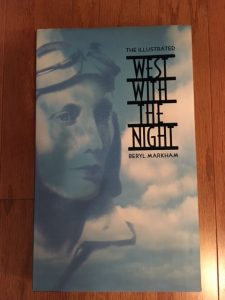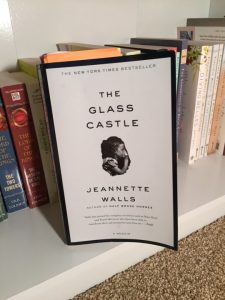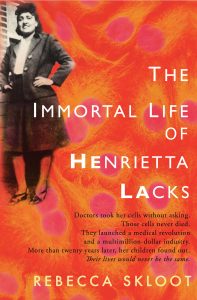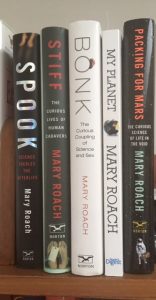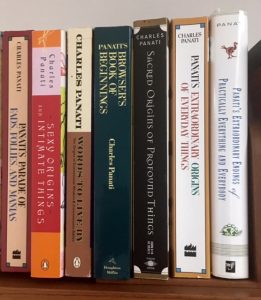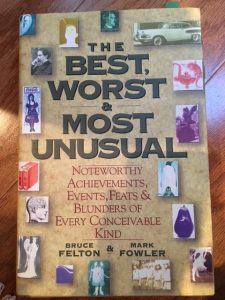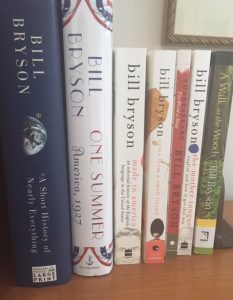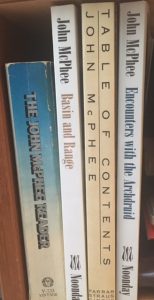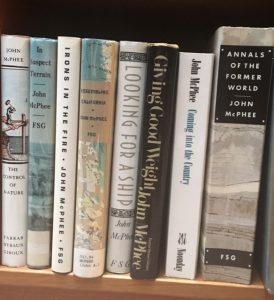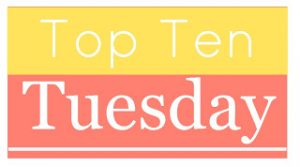
Yes, great non-fiction is a broad topic. Everything falls in there, from memoir to cookbooks to investigative reporting! I loved West With the Night, The Glass Castle, and The Immortal Life of Henrietta Lacks.
But I’m not going to deal with that sort of non-fiction. I don’t know how to classify my sub-genre, so I’ll just put the exemplars out there!
Mary Roach makes science reader-friendly. She writes about everything from sex research (Bonk) to human cadavers (Stiff). Without Roach, I’d never have stopped to wonder how crash dummies are calibrated—etc., etc., etc. Pick up any of her books.
Charles Panati is a master of what I call “grouped trivia.” His titles say it all. Choose any one and you’ll get what you expect—except that you’ll likely enjoy it more! I consider Panati’s books reference works—for, as you may know, I often write weird stories (cf. Different Drummer: a collection of off-beat fiction).
In the same category, I treasure The Best, Worst, and Most Unusual. How else would I know that in Hong Kong, cricket fighting (although illegal) is very popular, inspires heavy betting, and has much in common with cockfighting. Or that if you eat bananas, your skin will exude an odor that attracts mosquitoes?
I’m also a fan of Bill Bryson. I became hooked on Mother Tongue: English and How It Got That Way. His tracing of language evolution actually made me more tolerant of “prioritize” as a replacement for “set priorities”—though I still don’t like it!
Last but far from least, I recommend John McPhee. The first book I read was Coming Into The Country, which left me with a dream of traveling to Alaska—a dream as yet unfulfilled, but hope springs eternal. This man can make anything interesting. As a result of his writing, even I know how Bill Bradley was able to make baskets while facing the opposite end of the court: you just have to have a sense of where you are.
I recommend these non-fiction books and authors to readers for pleasure and to writers for enlightenment!
